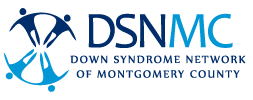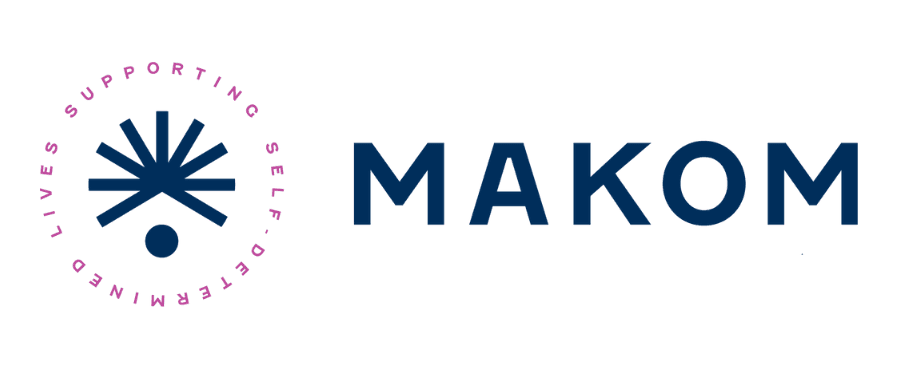For Medical Professionals
Our New Family and Medical Outreach Coordinator, Kristi Maeng, welcomes the opportunity to discuss how DSNMC can best serve our local medical professionals as you care for families who are receiving or have received a diagnosis of Down syndrome. To partner with us in support of these families, please contact Kristi at newfamilies@dsnmc.org.
Delivering the Diagnosis
You, the health care professional, are in a unique position to shape the parents’ attitude towards their baby with Down syndrome. We must remember that prior to any diagnosis, it is a baby. “People First “ language is to be used: This is a “baby with Down syndrome,” not a “Down syndrome baby.”
- Parents often find the prenatal test confusing. The triple screen is particularly misleading for expectant mothers who do not understand the high incidence of false positives or the difference between screening and diagnosis.
- A health care professional with a relationship to the mother should give the diagnosis. It is better to give the diagnosis as soon as possible.
- If at all possible the pre-natal diagnosis should be given in person, rather than on the telephone. Pre-natally or post-natally, both parents should be together when given the diagnosis. This is important so the mother does not have to tell the rest of the family by herself.
- It is imperative that you do not let your own views influence the decision of the parents. Give the parents the freedom to react. There may be a wide range of emotions – joy, anger, disappointment, fear, grief – everyone is different. Encourage the parents to talk about how they are feeling. Ask the parents what information would be helpful to them. It is extremely important to provide the parents with accurate, up-to-date information. Give them resources: support groups, early interventions centers, literature.
- Respect the parents’ attitude towards the baby and consider their religious, cultural and other beliefs that may have an impact. Do not express an opinion about the parents’ situation.
- Make sure to discuss the diagnosis and field questions from the parents on more than one occasion. Parents may not be able to retain all the information in one setting.
- Refer to Myths and Truths about Down Syndrome. It is important that the parents start connecting with the necessary resources immediately; i.e. parent support group, early intervention program (birth – 3 years), medical examinations, appropriate therapies, etc.
- Post-natally, there may be clear indication of Down syndrome in the last stages of delivery. It is best to wait until the mother is in the recovery room to inform her. Do not make a positive diagnosis until a karyotype has been done. When talking to the parents it is best to have the baby in the room while discussing the physical indication of Down syndrome.
- Most importantly, don’t try to be predictive. It is impossible to foresee the future of any child. A broad picture should be painted which recognizes every child’s capacity to develop individually.
- If the parents are considering terminating the pregnancy, inform them that there are also other options available, such as adoption. There are many families who specifically seek to adopt children with Down syndrome. Offer to connect parents to our local parent support group for further information. There is not need to wait until the baby is born. Most parents say it is that support that meant the most and had the greatest impact.
-
The Maryland Department of Health and Mental Hygiene (DHMH) provides up-to-date, evidence-based, written information about Down syndrome to health care providers, who are authorized to distribute this information to patients who receive a Down syndrome diagnosis. Healthcare provides should use materials from the DHMH website when they have a patient with a prenatal or postnatal diagnosis. Materials are available in both Spanish and English.
Addressing Medical Problems in Down Syndrome
- There are many different medical problems that are more common in individuals with Down syndrome than in the general population. Some include congenital heart defects, thyroid disorder, increased susceptibility to infection, respiratory problems, obstructed digestive tracts and childhood leukemia.
- Do not make assumptions when talking to new parents – many babies do not have medical problems at birth.
- New or expectant parents may become overwhelmed when reading about all the potential medical problems a person with Down syndrome may face. Reinforce the fact that many will not face these problems and treatment is available for most medical conditions.
- It is helpful for parents to have a copy of the Down Syndrome Health Care Guidelines in order to feel more in control of their child’s health care and to be able to share the information with their physician. Provide the parents with a copy of the guidelines or tell them where they may obtain one.
Parents never forget how they are first treated by health care professionals. Don’t deliver a message of gloom, deliver a message of HOPE. Don’t forget you are in the unique position to shape the parents’ attitude toward their baby and the outlook for their future.
Information adapted from National Down Syndrome Society.
















